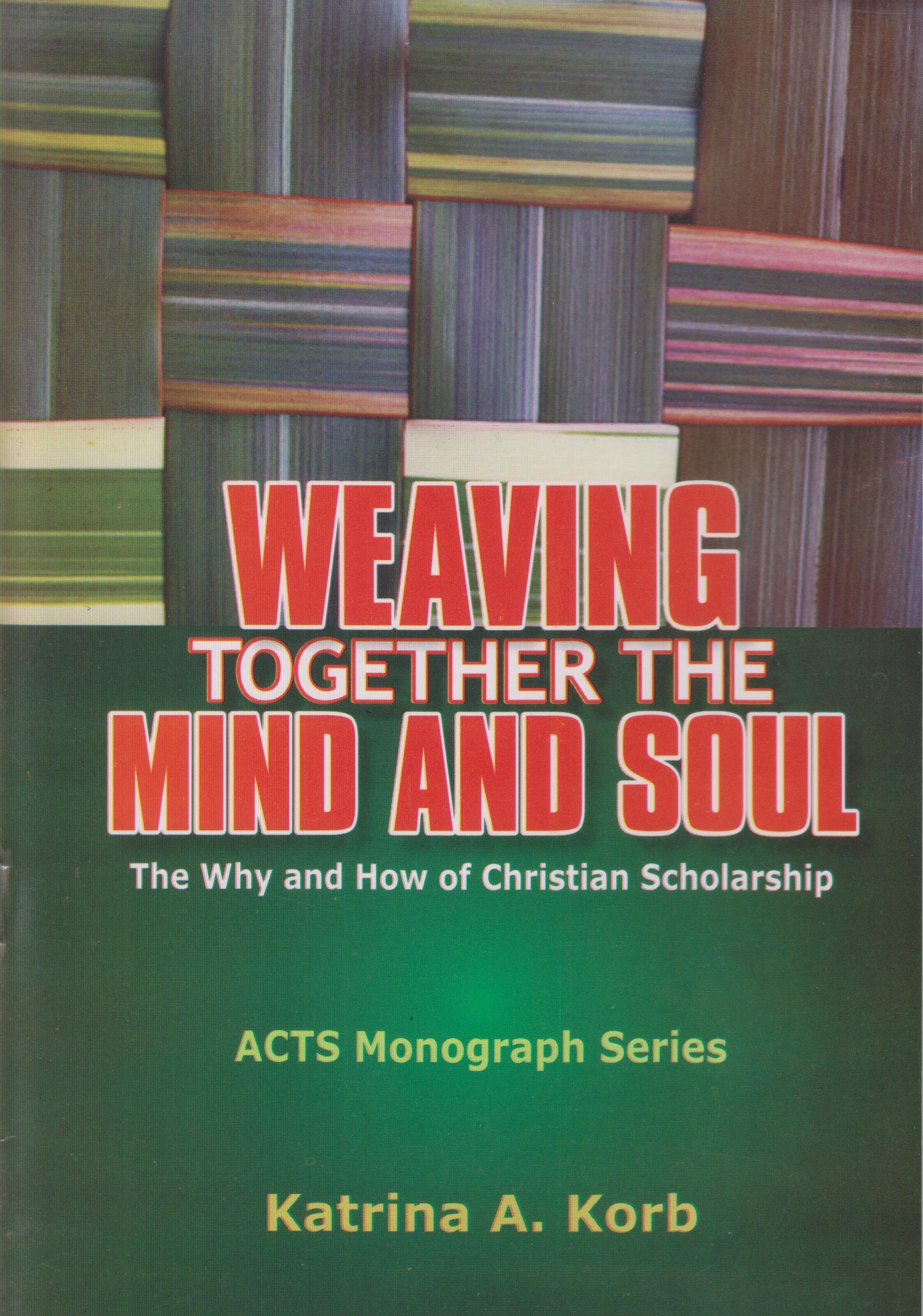

American Psychological Association. (2010). Publication manual of the American Psychological Association (6th ed.). Washington, DC: Author.
American Psychological Association. (2014). Ethical principles of psychologists and code of conduct: Including 2010 amendments.
Baehr, J. (2011). The inquiring mind: On intellectual virtues and virtue epistemology. Oxford, UK: Oxford University Press.
Bio. (n.d). Galileo biography.
Croft, J. (2012, 20 November). Rise and fall of Adoboli the 'family' man. Financial Times.
Dow, P. E. (2013). Virtuous minds: Intellectual character development. Downers Grove, IL: InterVarsity Press.
Garber, S. (2014). Visions of vocation: Common grace for the common good. Downers Grove, IL: InterVarsity Press.
Grigorenko, E.L., Geissler, P.W., Prince, M., Okatcha, F., Nokes, K., Kenny, D.A., et al. (2001). The organisation of Luo conceptions of intelligence: A study of implicit theories in a Kenyan village. International Journal of Behavioural Development, 25, 367-378.
Hansen, E. J. (2011). Idea based learning: A course design process to promote conceptual understanding. Sterling, VA: Stylus Publishing.
International Committee of Medical Journal Editors. (2014). Recommendations for the conduct, reporting, editing, and publication of scholarly work in medical journals.
Kostenberger, A. J. (2011). Excellence: The character of God and the scholarly virtue. Wheaton, IL: Crossway.
Kovac, J. (2015). Ethics in science: The unique consequences of chemistry. Accountability in Research: Policies and Quality Assurance, 22, 312-329.
Lewis, C. S. (1942). The Screwtape letters. New York: HarperCollins.
Martinez, M. E. (2000). Education as the cultivation of intelligence. Mahwah, NJ: Lawrence Erlbaum Associates.
Mayer, R. E. (2002). Rote versus meaningful learning. Theory into Practice, 41, 226-232.
Merriam-Webster. (1986). Webster's third new international dictionary of the English language. Springfield, MA: Author.
Mpofu, E. (2002). Indigenization of the psychology of human intelligence in Sub-Saharan Africa. In W. J. Lonner, D. L. Dinnel, S. A. Hayes, & D. N. Sattler (Eds.), Online Readings in Psychology and Culture (Unit 5, Chapter 2), Center for Cross-Cultural Research, Western Washington University, Bellingham, Washington USA.
Mpofu, E. (2004). Being intelligent with Zimbabweans: A historical and contemporary view. In R. J. Sternberg (Ed.), International handbook of intelligence (pp. 364-390). New York: Cambridge University Press.
Oxford University Press. (2015). Oxford Dictionaries.
Purdue Online Writing Lab. (2014). The Purdue Online Writing Lab (OWL).
Ryan, R. M., & Deci, E. L. (2000). Self-determination theory and the facilitation of intrinsic motivation, social development, and well-being. American Psychologist, 55, 68-78.
Singleton, R. A. Jr., & Straits, B. C. (2010). Approaches to social research (5th ed.). New York: Oxford University Press.
Sire, J. W. (2000). Habits of the mind: Intellectual life as a Christian calling. Downers Grove, IL: InterVarsity Press.
Strange, K. (2008). Authorship: Why not just toss a coin? American Journal of Physiology Cell Physiology, 295, C567-C575.
United Nations. (2015). Transforming our world: The 2030 agenda for sustainable development.
United States Holocaust Memorial Museum. (2014). Nazi medical experiments.
Walker, P. (2012, 20 November). UBS rogue trader Kweku Adoboli jailed over 'UK's biggest fraud.'
Walshaw, M. (2008). The concept of identity positioning the self within research. ICME Proceedings, 11, 322-337.